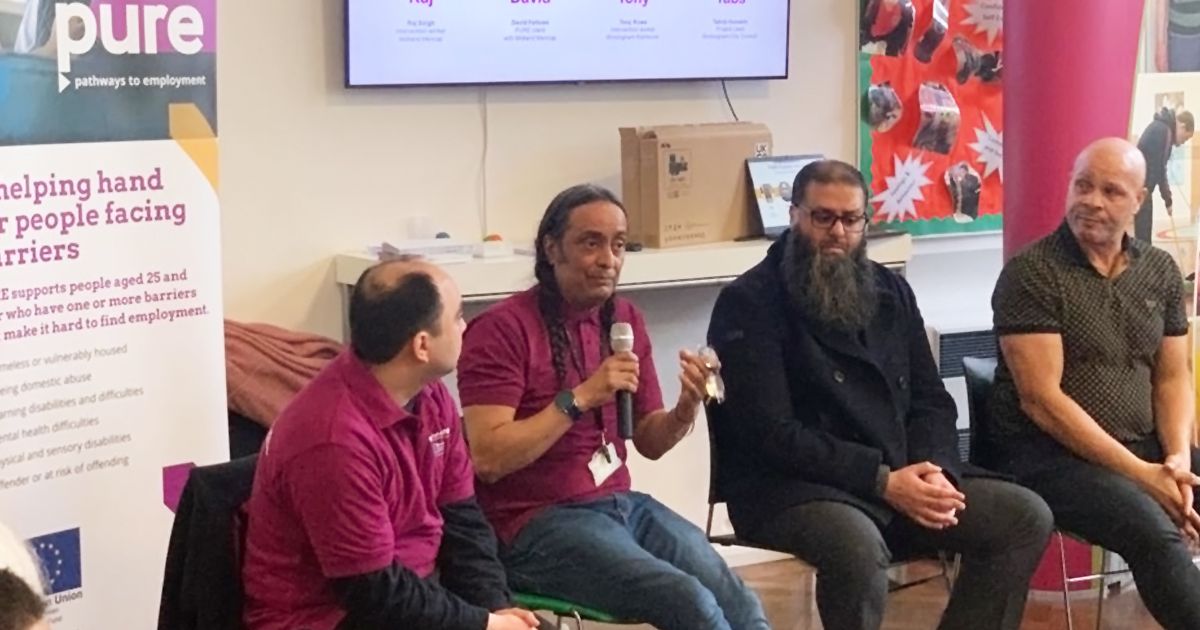The PURE Project together with two of its providers, Midland Mencap and Birmingham Rathbone, are celebrating the hard work and success of their participants with learning difficulties and disabilities at an event in Weoley Castle.
Participants will be helping to run the event, there’s a graduation ceremony in the morning as well as sessions with employers and partners in the afternoon. These include Nuffield Health, MedeQuip and Birmingham Adult Education Service.
There will be lots of powerful stories, with more than 100 people present on the day.
The event is part of the PURE Project - a unique scheme that supports people over the age of 25 facing complex barriers with securing employment, training, and education. It is a £20m project managed by Birmingham City Council, part-funded by the European Social Fund (ESF) and delivered through nine community partners across the city.
The PURE Project Lead, Tabriz Hussain, said “This is a day for our participants. We really want to celebrate the amazing progress they have made and give them centre stage. PURE has supported more than 2,000 people with disabilities. We encourage more people to reach out to see how we can help.”
The event is being hosted at Midland Mencap’s Weoley Castle Community Centre. Raj Singh, Intervention worker at Midland Mencap said “Our clients are fantastic. I’m so proud of what they have all achieved. This will mean so much to them.”
Midland Mencap works and campaigns for accessible and inclusive services and a better quality of life for everyone with experience of learning disabilities and additional needs. Each week, more than 7,000 hours of support are provided to family and carers. Birmingham Rathbone provide support for people with learning disabilities and difficulties to live as independently as possible in their own homes and local community.
The PURE Project supports people with a range of complex barriers. These include:
- People who are homeless or vulnerably housed
- Women fleeing domestic abuse
- Offenders and those at risk of offending
- People with learning disabilities and difficulties
- People with mental health difficulties
- People with physical and sensory disabilities
